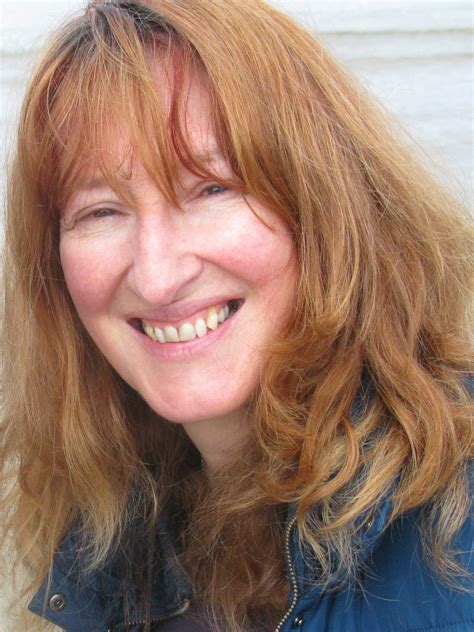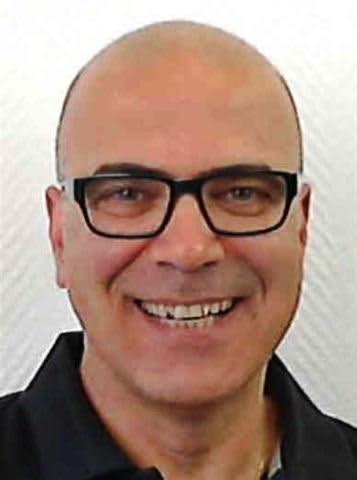A Quote by Amy Hardie
We forget most of our dreams because we don't have access to those parts of our brain once we are switched to wakefulness. But why we evolved that way is a puzzle to me.
Related Quotes
Our physiological constitution is obviously a product of Darwinian processes, insofar as you buy the evolutional theory as a generative, as an account of the mechanism that generated us. Our physiology evolved, our behaviors evolved, and our accounts of those behaviors, both successful and unsuccessful, evolved.
Food is such an important part of our lives, and sometimes we tend to diminish the importance of that, because we rely on conveniences or because our lives are so complicated. We forget about those moments that we can actually share around the table with our family, with our friends, with our loved ones.
More than anything else, kindness is a way of life. It is a way of living and walking through life. It is a way of dealing with all that is-our selves, our bodies, our dreams and goals, our neighbors, our competitors, our enemies, our air, our earth, our animals, our space, our time, and our very consciousness. Do we treat all creation with kindness? Isn't all creation holy and divine?
On this Thanksgiving, as we spend time with our family and friends, let's all reflect on what we're thankful for in our own lives. And let's remember those who cannot be with their loved ones because they're serving overseas. But let's also do our part to help those who have no place to go for a meal. I encourage all Americans to do what they can to help those in need-because the best way to show our gratitude for what we have is by doing our part for those who have less.
Everybody has a nightmare, and everybody apparently has falling dreams, and everybody has the drowning dream, and everybody has certain kinds of sexual manifestation dreams, as well as our stress dreams; I didn't study for the algebra test, I didn't study for my driving test, you know, all those dreams. I still have those dreams, and it's just such an interesting thing that our mind can turn against us, our own mind, you know we all have.
Evolutionary biologists often appeal to parsimony when they seek to explain why organisms "match" with respect to a given trait. For example, why do almost all the organisms that are alive today on our planet use the same genetic code? If they share a common ancestor, the code could have evolved just once and then been inherited from the most recent common ancestor that present organisms share. On the other hand, if organisms in different species share no common ancestors, the code must have evolved repeatedly.































